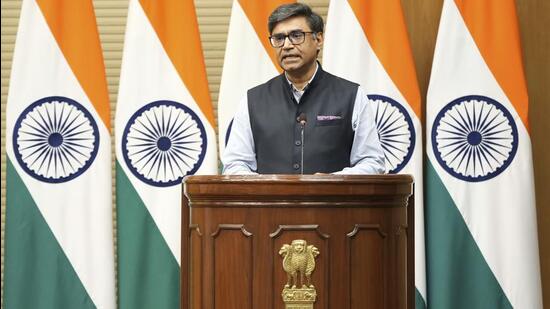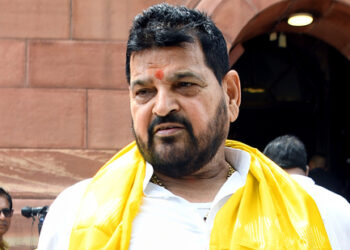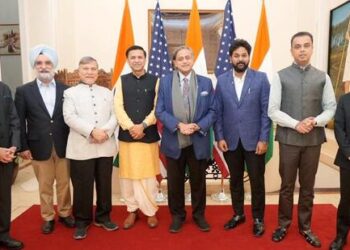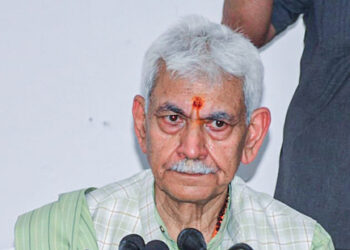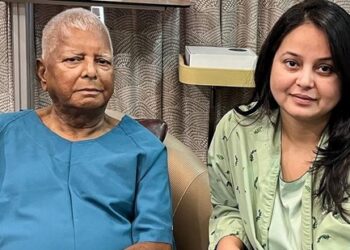India’s Foreign Secretary Vikram Misri is scheduled to travel to the United States from May 27 to May 29, 2025, for a crucial diplomatic visit aimed at reinforcing and advancing the progress made during Prime Minister Narendra Modi’s trip to Washington earlier this year in February. The External Affairs Ministry (MEA) announced the visit on Monday, underscoring its significance as a continuation of the India-US partnership.
This visit will provide an important opportunity for Misri to engage with senior US administration officials on a range of strategic priorities, including efforts to combat cross-border terrorism sponsored by Pakistan. Sources familiar with the matter, speaking on condition of anonymity, revealed that discussions will focus on enhancing cooperation on security issues, which remain a key concern for India amid ongoing regional challenges.
The May visit also serves as a follow-up to the landmark launch of the India-US COMPACT for the 21st Century, an initiative unveiled during PM Modi’s visit in February. The COMPACT — an acronym for Catalysing Opportunities for Military Partnership, Accelerated Commerce & Technology — aims to deepen bilateral ties by fostering collaboration across defense, commerce, and technological innovation.
“The visit is a follow-up to the prime minister’s visit to the United States in February when both sides had launched the India-US COMPACT for the 21st Century,” said the MEA in an official statement. This compact symbolizes a renewed commitment to strengthening strategic and economic ties between the two democracies, with a focus on shared goals and mutual interests.
Additionally, the two nations are currently engaged in negotiations for a bilateral trade agreement that seeks to resolve issues such as market access, non-tariff barriers, and supply chain resilience. Misri’s visit is expected to give a fresh impetus to these talks, which are critical to enhancing trade flows and economic cooperation.
This diplomatic engagement marks another step forward in India-US relations, reflecting the growing convergence of strategic priorities and economic interests between the two countries. As global geopolitical dynamics evolve, such visits play a vital role in consolidating partnerships that contribute to regional stability and shared prosperity.



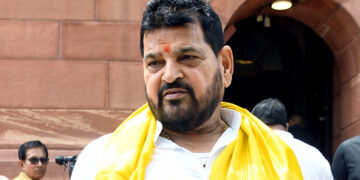
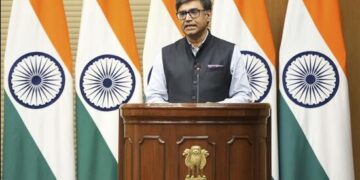
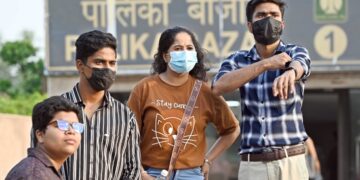


 India
India
